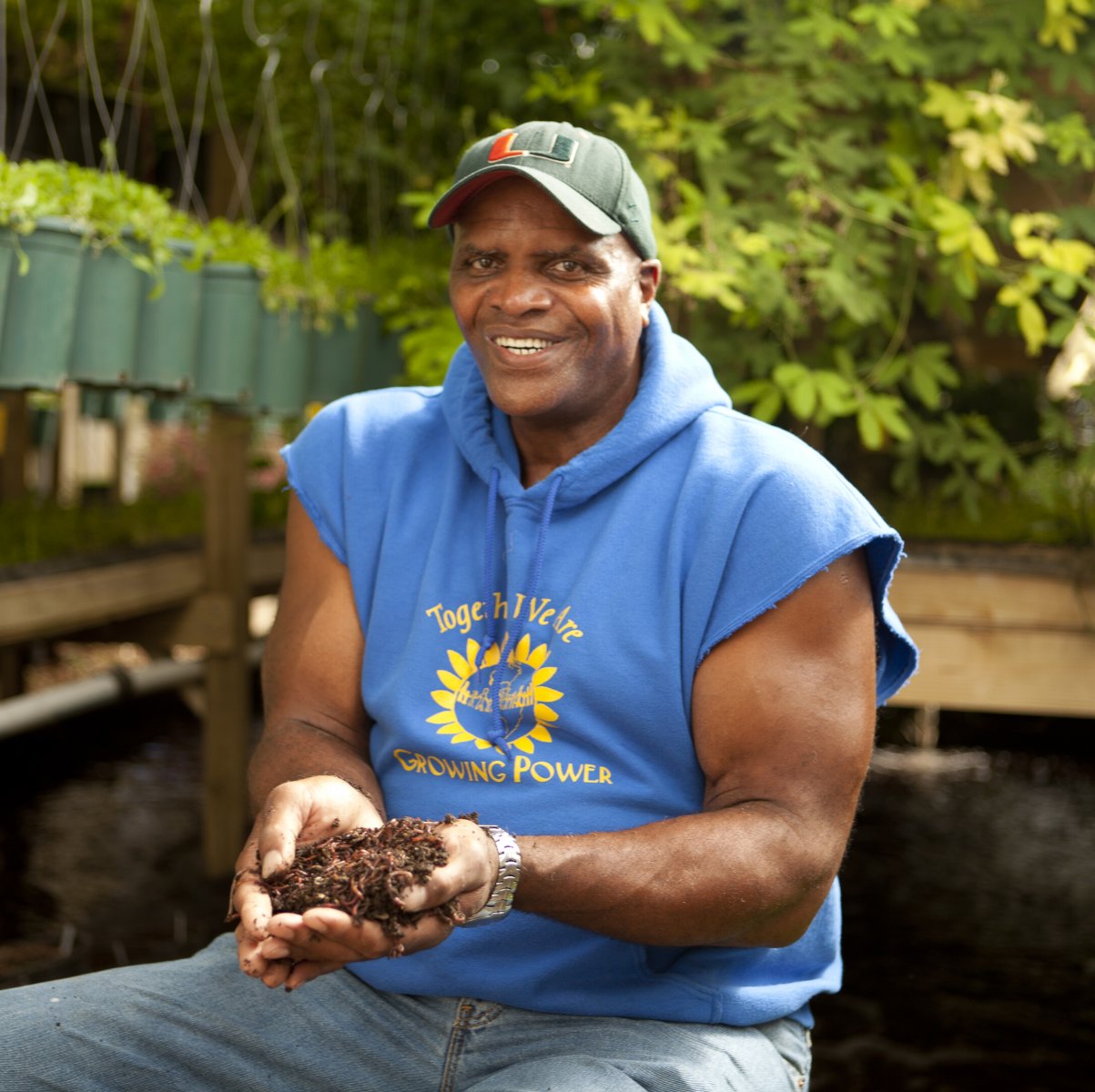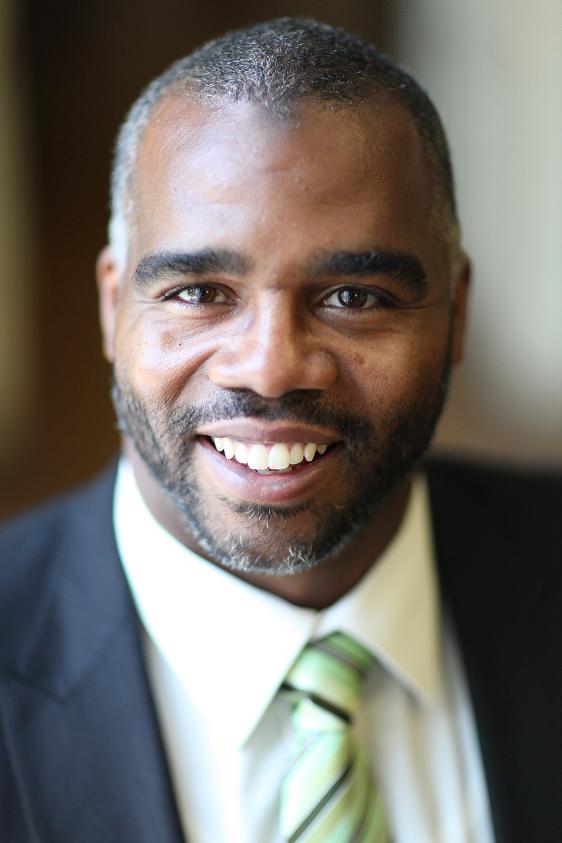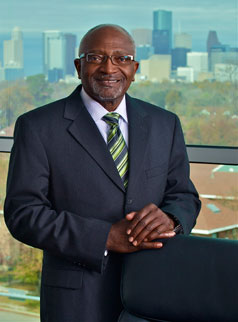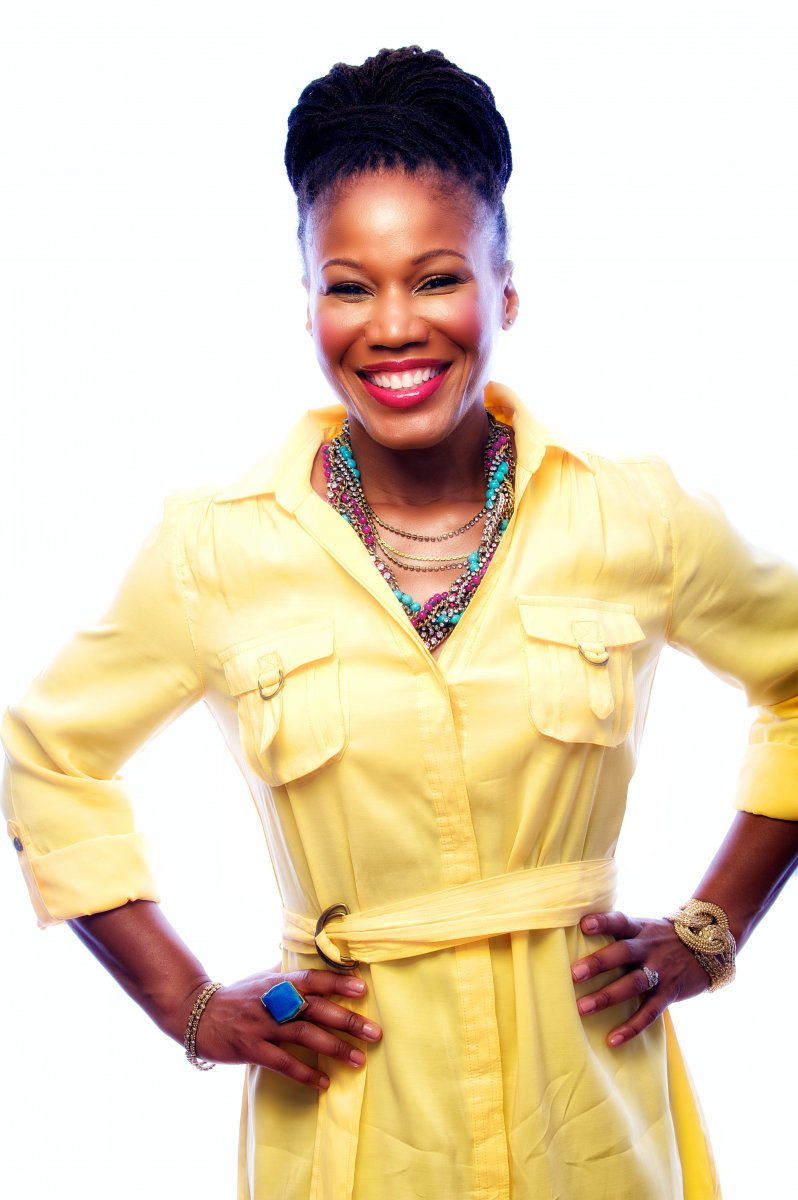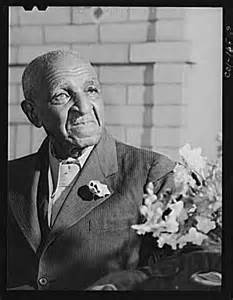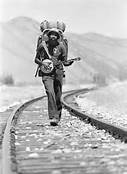Out of the 12 months of the year, only one month is dedicated to celebrating the rich and incredible African American history of the United States. The absurdity of the situation underscores how important it is that we pay homage to leaders, both current and historical, from the African American community. This country was built on the slave trade, the genocide of the indigenous people and the exploitation of immigrants. Yet, these communities are the ones most likely to be left out of popular history, and whose accomplishments we most often forget. Fortunately there are many ways we can step up and change this.
The environmental movement is no exception to this. For too long, the face of the environmental movement in the United States has been people such as Theodor Roosevelt or John Muir, which excludes the many African Americans who have fought to protect our earth, our food systems, and justice overall, while also facing incredible systemic and social discrimination.
As a woman of color and the child of immigrants I often feel disconnected from the mainstream environmental narrative. I feel it too often leaves out the human destruction that occurs simultaneously with that of Mother Nature. Too often it leaves out the specific and intentional racism that has stood side by side with environmental devastation. I feel lost when I look at the most celebrated American environmental leaders and I see no one who can relate to the cultural values and story of my family. I wonder if they understand our history of being forced to assimilate to cultures which not only disrespected our earth, but us as individuals.
When I read about African American leaders, who have persevered against all odds to protect our earth, I feel a sense of relief. I feel as though it is possible to be a woman of color in the American environmental movement. I feel a sense of home and hope.
While Black History Month may almost be over, let’s continue to celebrate the many African Americans and leaders from other marginalized communities who fight for our earth. Thank you SF Environment for posting this list of black environmentalists.
Celebrating Black Environmentalists During Black History Month
We are excited to feature 29 African American Environmentalists during this celebratory month. There are so many people doing amazing work on environmental issues – from urban and rural agriculturists to environmental justice advocates to naturalists to scientists – we only got to the tip of the iceberg in recognizing those making real and lasting change. While it has been difficult to find information on early leaders, we know that they were there, creating a movement and legacy that grows stronger each day. We’ll let these representative’s short bios speak for themselves.
Will Allen
Will Allen is the son of a sharecropper, former professional basketball player, ex-corporate sales leader and now farmer. The founder and CEO of Growing Power Inc., he has become recognized as one of our preeminent thinkers on agriculture and food policy and is a leading authority in the expanding field of urban agriculture. Allen promotes the belief that all people, regardless of their economic circumstances, should have access to fresh, safe, affordable and nutritious foods. Using methods he has developed over a lifetime, Allen specializes in bringing healthy food to under-served communities using a unique growing system he developed himself. He trains community members to become community farmers, assuring them a secure source of good food without regard to political or economic forces. What started as a simple partnership to change the landscape of the north side of Milwaukee has blossomed into a national and global commitment to sustainable food systems. In 2008, Allen was named was awarded a prestigious John D. and Katherine T. McArthur Foundation Fellow “genius grant” for his work – only the second farmer ever to be so honored. In May 2010, Time magazine named Allen one of 100 World’s Most Influential People. Photo credit: Jennifer Baynes Picciolo.
Ibrahim Abdul-Matin
Ibrahim Abdul-Matin is a former adviser to Michael Bloomberg specializing in the field of environmental sustainability. On his blog, he says, “I was inspired to become a steward of the Earth when my father took me from the concrete jungle that is Brooklyn to Bear Mountain, a hiker’s paradise. I was five years old. I recall moss growing on rocks, mushrooms on rotting wood, and a freshness in the air. When it was time for the afternoon prayer, my father stopped to pray. I was used to praying at home or praying in a mosque. That day, my father told me, ‘The Earth is a Mosque. You can pray anywhere.’ From that moment on, I knew, if I could pray anywhere, then everywhere was sacred. It was my duty to protect the planet, to be a steward of the Earth.” Abdul-Matin is the author of the book: Green Deen: What Islam Teaches About Protecting The Planet.
Carl Anthony
Carl Anthony has spent his career working to solve social justice problems. His two passions are the battle for justice for people at the bottom of the economic ladder–particularly people of color—and working for an economy that is environmentally sustainable. He has been instrumental in expanding the environmental movement to include those most vulnerable to the impacts of climate change. He is the founder of theUrban Habitat Program, one of the oldest environmental justice organizations in the country and is the former head of Earth Island Institute. He also started the only environmental justice periodical in the United States: Race, Poverty and the Environment Journal.
MaVynee Oshun Betsch
(1935-2005)
MaVynee Oshun Betsch was an environmental activist known as “The Beach Lady” for her tireless conservation efforts on behalf of Florida’s coastal environment. With her seven-foot long dreadlocks and colorful dress, Betsch made for an impressive figure and was hard to ignore. While she was raised in luxury she gave away her entire fortune to environmental causes. She was posthumously honored as an Unsung Hero of Compassion by the Dalai Lama in 2005.Solomon G. Brown
(1829-1906)
Solomon G. Brown was the first African-American employee at the Smithsonian Institution working continuously from 1852 until 1906. He held a number of roles during his 54-year tenure including preparing maps and drawings for lectures, and working in the International Exchange Service. Brown was also self-educated and while at the Smithsonian obtained considerable knowledge in the field of natural history. He became well known for his illustrated lectures on natural history and lectured frequently at scientific societies throughout the Washington, DC area.
Dr. Robert Bullard
Dr. Robert Bullard is often referred to as the “father of the environmental justice movement.” He has been one of the leading voices on the issue for decades. In 2008, he was named one of Newsweek’s 13 “Environmental Leaders of the Century”. In 2013, he was the first African American to be honored with the Sierra Club John Muir Award. Dr Bullard has authored numerous books on the prominence of waste facilities in predominately African-American areas all over the nation, as well as others that address urban land use, industrial facility siting, housing, transportation, climate justice, emergency response, smart growth, and equity. When asked what keeps him going in his quest for environmental justice, Bullard answers, “People who fight… People who do not let the garbage trucks and the landfills and the petrochemical plants roll over them. That has kept me in this movement for the last 25 years.” Another thing he believes is that if you live on this earth, if you breathe this air then you are an environmentalist.
Majora Carter
Majora Carter is an internationally urban revitalization strategy consultant, real estate developer, and Peabody Award winning broadcaster who views urban renewal through an environmental lens. The South Bronx native draws a direct connection between ecological, economic and social degradation. With her inspired ideas and fierce persistence, Carter managed to bring the South Bronx its first open-waterfront park in 60 years. She was one of the first of six speakers on the prestigious TEDTalks series. Carter’s confidence, energy and intensely emotional delivery make her talks themselves a force of nature. In 2005, Carter was awarded a 2005 John D. and Katherine T. McArthur Foundation Fellow “genius” grant. Her company, the Majora Carter Group is putting the green economy and green economic tools to use, unlocking the potential of every place — from urban cities and rural communities, to universities, government projects, businesses and corporations – and everywhere else in between. Photo credit: MDavidLeeds.com
George Washington Carver
(1864-1943)
George Washington Carver is regarded as one of America’s greatest agricultural researchers and educators. His innovations in the field of crop rotation are considered breakthroughs in resource conservation, by preserving soil and making farms more productive. Carver may have been one of the first scientists to look at systems through the lens of biomimicry; he observed that nature produces no waste–what is consumed is returned to the whole in another usable form. As we are coming to understand 150 years later, Carver believed that in the natural world everything is a part of the whole. He understood that nothing exists in isolation, everything is inextricably connected, and ignoring that fact can have disastrous effects. An intensely spiritual man, Carver believed that God spoke through the beauty of nature and the joy of creating. He taught that any action must be considered in light of its overall long-term consequences, not just its immediate benefits. In 1941, Time magazine dubbed Carver the “Black Leonardo”. Photo credit: Library of Congress
John Francis
John Francis is known to all as the Planet Walker. After witnessing a massive oil spill in San Francisco Bay in 1971, Francis gave up all motorized transportation. For 22 years, he walked everywhere he went – including treks across the entire United States and much of South America – hoping to inspire others to rethink the petroleum economy. As Francis traveled about on foot, he often found himself arguing with others about his decision, which led him to an even more radical decision – to stop speaking for one day and instead listen to what others had to say. This turned into a 17-year vow of silence. His charm and ingenious ability to communicate without talking earned him bachelor’s, master’s and doctorate degrees. The day after he ended his vow of silence on Earth Day 1990, he was struck by a car, but still managed to convince the ambulance crew to allow him to walk to the hospital. In 1991, Francis was named a United Nations Environmental Program Goodwill ambassador. “Part of the mystery of walking is that the destination is inside us and we really don’t know when we arrive until we arrive,” he said. He is the author of: Planetwalker: 22 Years of Walking, 17 Years of Silence. Photo credit: Glenn Oakley
This is not even the full list! There are plenty more African American environmentalists for you to celebrate over on SF Environment’s site.
